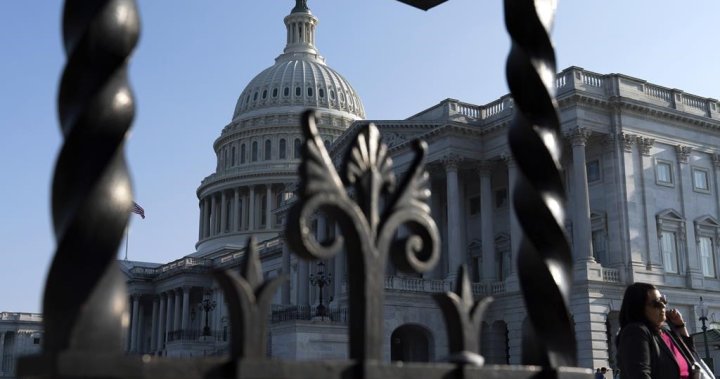
U.S. Senate passes debt ceiling bill to prevent default, set to become law
Global News
The legislation passed the upper chamber a day after the House united in rare bipartisan fashion to approve the deal reached between Republicans in the White House last week.
The U.S. Senate on Thursday passed the critical debt ceiling and spending legislation that will ensure the country avoids a federal default, sending the bill to President Joe Biden’s desk and ending one of the most stressful periods of congressional dealmaking in recent memory.
The legislation passed the upper chamber a day after the House united in rare bipartisan fashion to approve the deal reached between Republicans and the White House, which has few fans but will ensure the U.S. can continue to pay its debts.
“America can breathe a sigh of relief,” Senate Majority Leader Chuck Schumer said as he announced an agreement on the vote.
The legislation passed the Senate by 63-36, with both Democrats and Republicans voting no. It will now go to Biden’s desk for his signature, making it law.
Biden said on Twitter he would sign the bill “as soon as possible” and address the nation on Friday.
Congress was racing to meet a Monday deadline set by the U.S. Treasury — the so-called “X-date” when the nation would run out of reserve funds and other “extraordinary measures” it was using for debt repayments and federal funding since hitting the debt ceiling in January. Economists around the world have been watching nervously as that deadline fast approaches.
Getting the bill through the Senate was no easy task. As they did in the House, Republicans and Democrats had to wrangle enough members to ensure a strong majority despite their misgivings. Top White House staff called individual senators to shore up support.
Schumer also had to allow votes on 11 amendments put forth by senators who had issues with the bill, despite warning earlier Thursday that attempts to change the legislation would bring Congress closer to the X-date.











